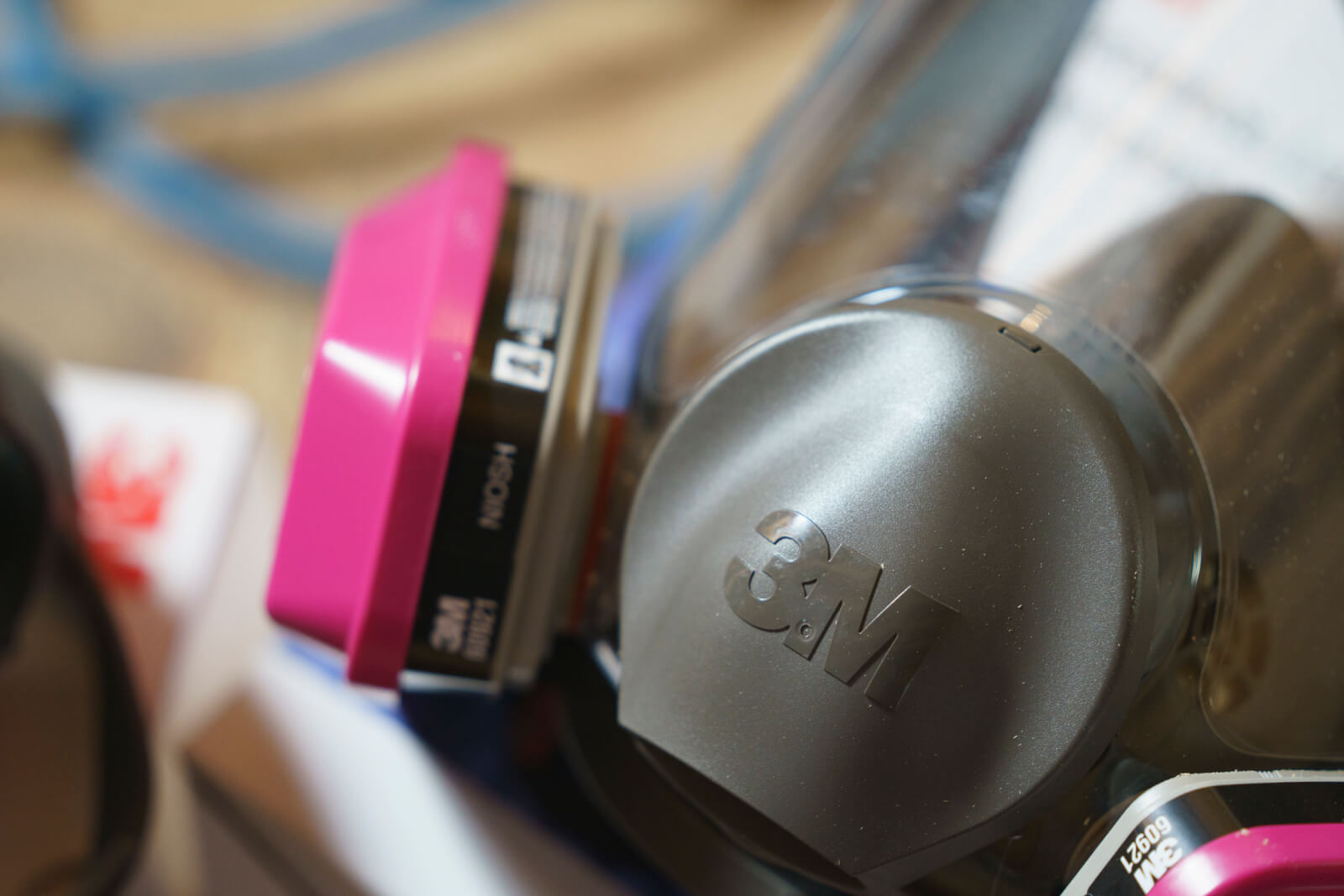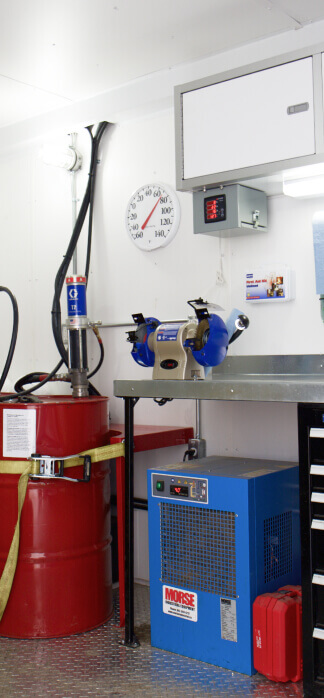How Profitable is a Spray Foam Insulation Business?
Understanding the Market for Spray Foam Insulation
If you’re looking to get into the spray foam insulation business, there’s no time like the present! The demand for spray foam is steady across the residential, industrial and commercial sectors, and it will be no surprise if the market for spray foam grows through the 2030s. While getting into the growing spray foam business can seem daunting, it doesn’t have to be. Check out this article from IDI’s experts for helpful advice and tips about what it takes to get started in spray foam insulation.
There are a number of reasons that a wide range of people are choosing spray foam insulation instead of more traditional insulation solutions. Solid performance and longevity are two of the main reasons, with waste reduction and energy efficiency capabilities also playing a large part in the popularity of spray foam insulation.

Cost Structure of a Spray Foam Business
It’s important to understand all the capital requirements in the spray foam business — getting into spray foam is an investment. Whether you are planning on using your savings or financing any portion of your business, make sure you are prepared for the costs of things like:
- A rig
- High-quality proportioner
- Safety equipment
- Guns and other specialized equipment necessary for spraying foam
- Scaffolding, ladders, shaving equipment & other accessories
- Removal Vacuum
- Ventilation fans
- Fuel
- Insurance
- Maintenance kits, additional parts & supplies
- Inventory
- Marketing
- Truck/trailer wrap
- Office/shop space and essential services
- Training, education, & trade shows
pricing your services
With this level of financial requirements, learning how to find higher margin jobs and the best way to price your services is vital for success and profitability. Finding profitable work and establishing competitive rates will help to keep you from losing money on projects — the last thing you want to do is fall into a negative balance sheet in the beginning. Before you begin taking jobs, find out the general price range of other spray foam insulators and only take the scale of work you can compete on, rather than huge jobs that look like a big payday. Bidding can be complicated, be sure to take your time and go over your bids twice so you don’t miss anything. With this much cash flow in a business, you will have to be super organized and should use a tool like BIDIT to help with job costing and keeping bids organized. Job costing is the only way to ensure you have made money on a project, since it shows you what you got right and what you need to do differently next time.
Profit Margins in Spray Foam Insulation
As you start out, it is natural to wonder: “how much do spray foam insulation business owners make?” While the specifics of your business will influence how small or large your profit margins are, spray foam businesses can be profitable fairly early in your company’s life cycle. However — just like any other business — making good money takes plenty of hard work and some solid planning.
It is extremely important that all members of your field teams are trained on equipment, materials, and overall expectations of them when in the field. Jobsite inefficiencies, chemical processing missteps, and lack of “know how” can turn a profitable job into a loss. Having some general guideposts for average profit margins can help you measure your success and give you goals to aim at, so we’ll cover those here.

There is money to be made in spray foam insulation — one of our largest customers had net profits of eight percent on seven million dollars worth of work last year. For the last three years or so, we’ve seen net profits in the eight to 10 percent range. These percentages will likely not be possible as you start out, but increased experience, expertise and customer expansion over time can result in these kinds of profits.
Zeroing in on how to calculate profit margins on every single project will help keep your business on track towards year-over-year profitability. If you’re looking for a place to start, think of the challenges you will have installing the product in terms of accessibility and ease of install. Is it wide open or is it almost impossible to get into? Will it require a lot of special prep? Price your services at roughly two-three times the cost of materials plus your labor costs — this formula is often used to ensure profitability on most projects.
How to Increase Profitability
Growing your profit margins is not always straightforward or simple, but there are a number of tried and true methods that have worked for spray foam insulation businesses across the country.
Maintain a Healthy Website
Ensure you have a website that is informative and easy to navigate. Selling to builders is all about price, so think of your website as a tool to find higher margin work. Adding blogs or articles that have high SEO value will help promote organic traffic to your site and is helpful in growing your business and brand.
Market Effectively
If you have paid marketing of any kind, including pay-per-click and social marketing, take the time to make sure your campaigns are well-managed and measure performance over time to track how those efforts are affecting your business and profits. You can manage your own marketing or hire a local agency with expertise in digital marketing to handle it for you.
In-person marketing is also valuable. Looking for local trade or home shows can help raise awareness of your business’s name and brand, while also letting you connect with builders, contractors and other trades professionals that can expand your network and could lead to work in the future.
Challenges That Hurt Profit in the Spray Foam Business
There are a number of potential roadblocks to keep an eye out for in the spray foam insulation industry. Obviously, improper pricing or jobs that take longer than anticipated are common issues on initial jobs. Other issues include too small of equipment, poor technique that leads to loss of yield or bad foam, scaling too quickly and poor forecasting for future business growth — just to name a few.
As with any other venture, the rise of unforeseen problems and obstacles are almost a guarantee for your spray foam business. However, proactive measures can make it easier to overcome these issues and keep them from harming your business in the long run. For example, to keep the quality of your foam high, prioritize training and certification — IDI offers a number of training opportunities all over the country. If one of your goals is to expand your business, make sure you consider the expenditures that correlate with expansion: additional equipment, more labor, higher insurance costs, etc.
When dealing with unhappy customers, things like customer service can go a long way towards maintaining a solid reputation in the community and could even turn into an opportunity for marketing in the future.
If you have questions about the insulation industry or are looking for a supplier to partner with as you begin your spray foam business, get in touch with us at IDI — we look forward to hearing from you.
